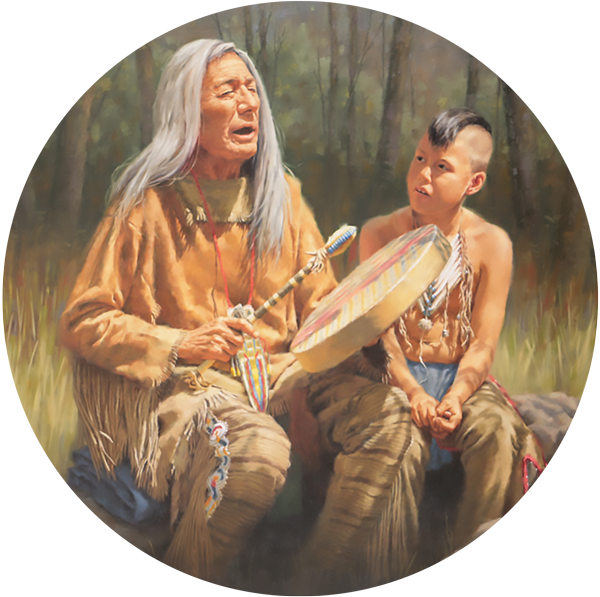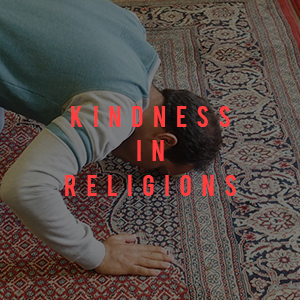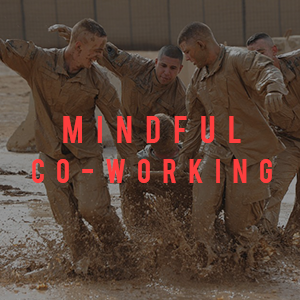The Books & Research Behind This Project
Click here to buy Saint Badass from AmazonBack Story
Read the story OF HOW MINDFUL-KINDNESS TRANSFORMED LIVES IN THE MOST UNLIKELY PLACE ON EARTH. Based on a true story of letters, friendship, & transcendence.
Read the StoryClick here to buy How Love Wins from Amazon
Changing Your Life
Follow 12 steps to use mindful kindness to break your harmful habits and build kind habits that lead to better relationships, happiness and health.
Learn the BenefitsMindful Kindness
Mindfully Kind Living Proves To Be More Satisfying Than Unkind Selfish Living
If you follow a religious faith, the religion’s teachings probably direct you to be kind. But religion aside, kindness turns out to be a social norm found in virtually every culture as well as in every religion. A growing body of research indicates that kindness appears to be just as inherent as our drives for sex and food. In our modern world, the “feel good” chemicals released in our bodies when we practice kindness, along with the social rewards we enjoy for being kind, continue to reinforce the positive behaviors that research shows are the foundation for being a loving and trusted family member, coworker, and friend. And we are not even conscious of all the health benefits of being kind. Releasing our kindness also motivates us to help others in our community and engage in social justice.
Mindfulness is important because it allows us to see beyond our self centered thoughts and emotions. With clearer vision we better know how, when and where to direct our kindness. Mindfulness enables genuine kindness. Kindness comes through mindfulness, through kindfulness.
Resources For Kindful Living
Mindfully Kind Habits for Self Care & Being Connected to Others
As an act of kindness to the reader, we gathered information on how you can incorporate mindfulness and kindness in your life. Each of the nine resource pages gives explanations, research findings, and examples of how to apply mindful kindness in a different aspect of your life.
Mindfully Kind Creations
View all creations here: Redbubble/FeedKindness






















